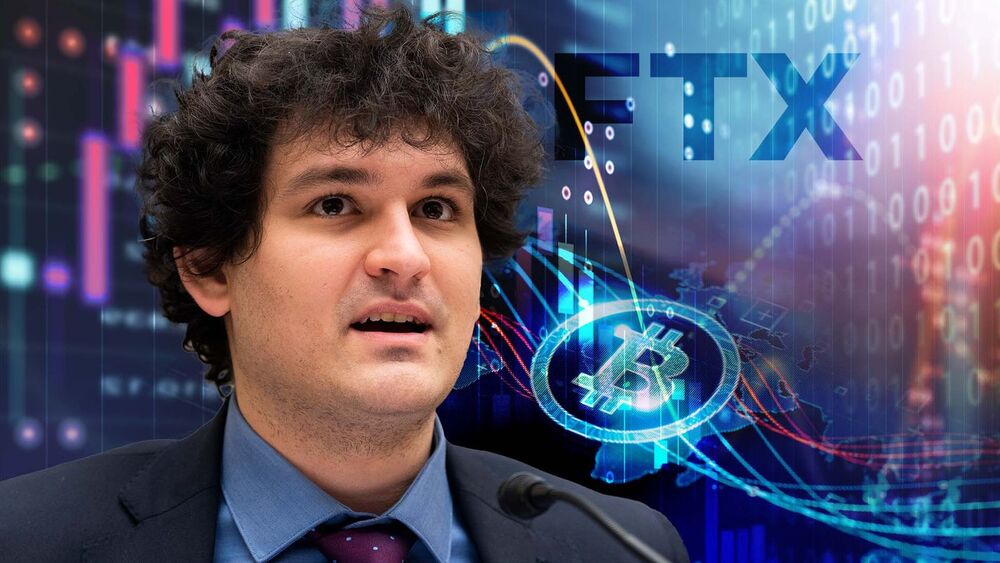John J. Ray III is the new chief executive officer of the collapsed FTX. He now works to return money to the failed company’s creditors and customers. Hence, he said he is investigating the potential to reboot the bankrupt crypto exchange.
Ray had his first interview as CEO of FTX since taking over the company in November. He said he had formed a team to look into the possibility of launching FTX.com again, the firm’s major worldwide exchange. The top FTX executives were sued for criminal activity. However, client feedback praised the system and indicated that relaunching the platform would be useful.
According to Mr. Ray, revitalizing FTX’s global exchange may help the company’s clients get more value than their team could by simply selling the platform or liquidating its assets.
Does that Indicate Any Luck for FTX Customers?
The future of FTX’s consumers is still quite unclear, even if a reboot gets traction. FTX discovered significant digital asset deficits in the United States on Tuesday. The amount owed to its customers is tracked in international and local exchanges.
Mr. Ray’s current task is to find any left-over parcels of worth that might help FTX meet its shortfall, which the company has not disclosed. He was most famous for assisting Enron Corp. creditors to recover billions of dollars in a restructuring process that included other troubled businesses. Numerous customers were unable to sign in to their accounts. Ray works to locate and secure assets belonging to these customers. Prior, its co-founders were accused of misusing customer funds.
Mr. Ray said he did not indicate where FTX employees stored their clients’ cryptocurrency and money when he took over 69 days ago. He found no central registry that listed where the corporation kept its money. Later on, he and his skeletal crew dug through.
Ray sold some of FTX’s subsidiaries and venture investments. Additionally, he hired investment bankers. Sam Bankman-Fried controlled FTX, Alameda, and other entities. These companies invested more than $5 billion in more than 150 startups. Venture capital companies like Sequoia Capital were no exception.
















